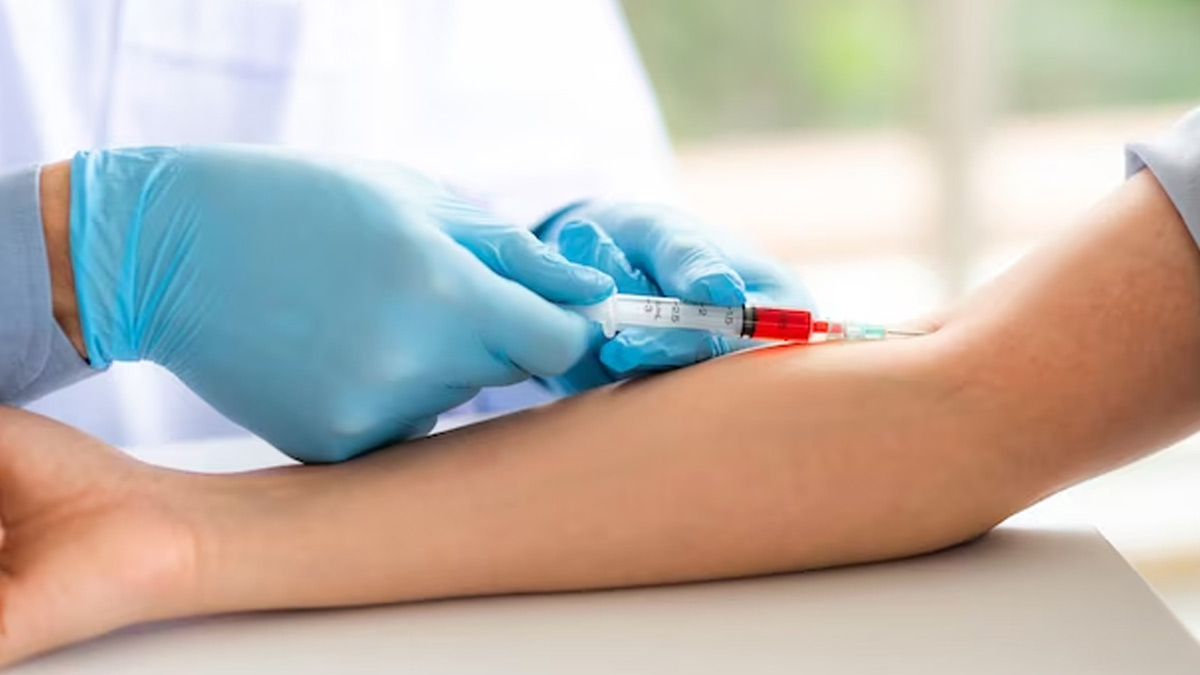
The US Food and Drug Administration has approved a blood test that can detect high blood pressure in expectant mothers during pregnancy. This new diagnostic tool has the potential to revolutionise prenatal care and ensure the early detection of a condition known as gestational hypertension and pre-eclampsia which is a leading cause of death among many women.
Gestational hypertension, or high blood pressure that develops during pregnancy, affects approximately six to eight percent of pregnant women worldwide and can lead to serious complications for both the mother and the baby. Detecting this condition early is crucial for managing the health of the mother and reducing the risk of adverse outcomes.
The test is made by Thermo Fisher Scientific and said to have a 96% accuracy. Reports have that it is already available in Europe. The blood test works by measuring specific biomarkers in the blood that are associated with high blood pressure. Researchers have identified these biomarkers through extensive studies and have validated their accuracy.

Also read: Warning Signs Of Dengue Fever And Its Various Stages
By administering this simple blood test during routine prenatal check-ups, healthcare providers can identify women at risk of developing high blood pressure and provide appropriate interventions promptly. Early detection allows for proactive management strategies, such as lifestyle modifications, close monitoring, and, if necessary, the initiation of medical treatment.
The development of this blood test represents a significant advancement in prenatal healthcare, offering a non-invasive and reliable method for detecting gestational hypertension. With further research and validation, it is hoped that this breakthrough will become a routine part of prenatal care, contributing to better outcomes for mothers and their babies.
As healthcare continues to evolve, innovations like this blood test bring hope for improved maternal and foetal health, underscoring the importance of ongoing scientific research and its potential to enhance the well-being of expectant mothers worldwide.







